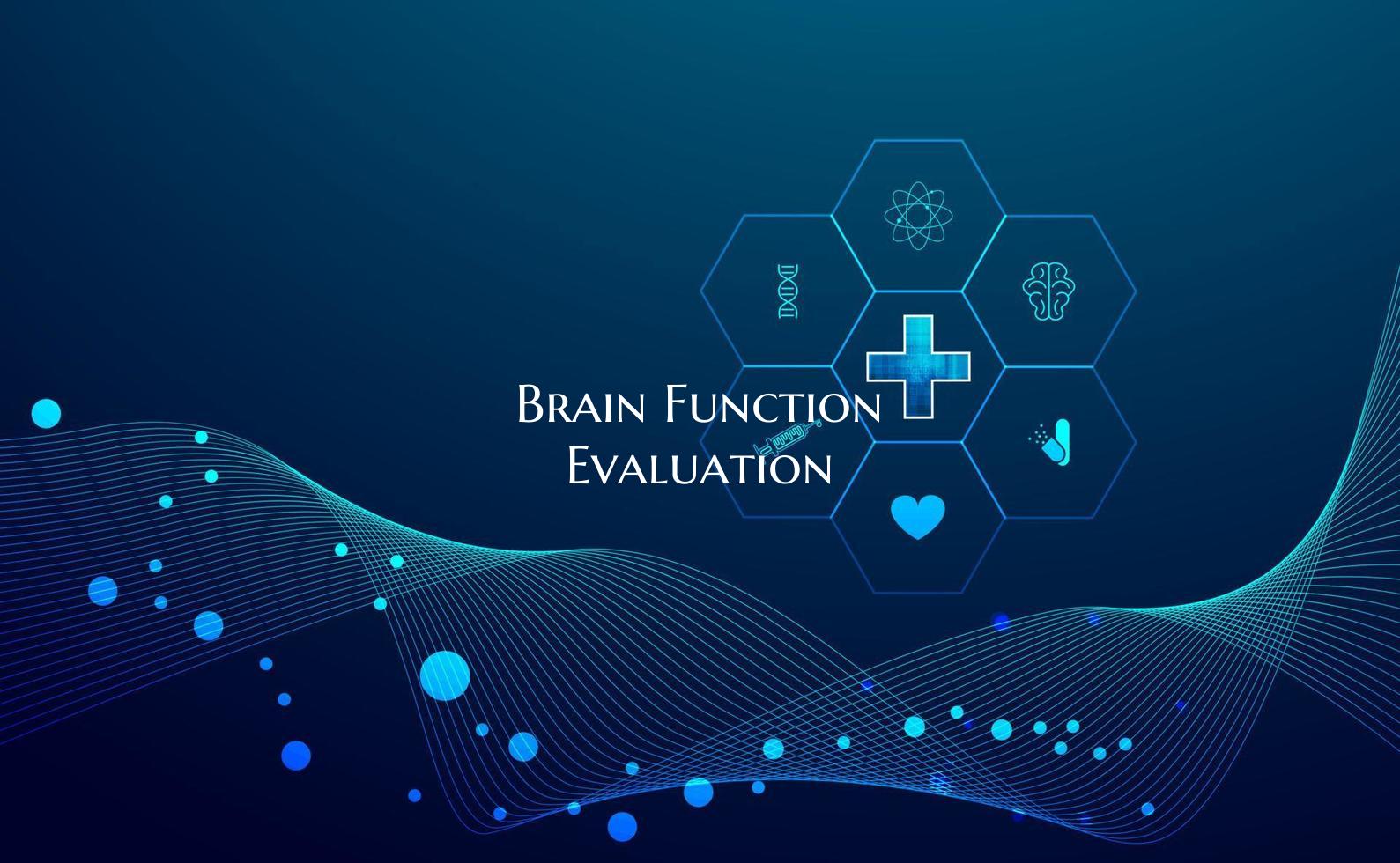
Brain Function Evaluation
Introduction: Brain function evaluation is a crucial aspect of understanding how our most complex organ operates. By assessing and analyzing various aspects of brain function, scientists, researchers, and healthcare professionals can gain insights into cognition, behavior, and overall brain health. This process involves a range of techniques and tools that help measure and assess different functions of the brain, leading to a deeper understanding of neurological processes and potential disorders. In this article, we will explore the significance of brain function evaluation and its impact on various aspects of human life.
Importance of Brain Function Evaluation: 1. Diagnosis and Treatment: Brain function evaluation plays a vital role in diagnosing neurological disorders such as Alzheimer's, Parkinson's disease, and traumatic brain injuries. By assessing cognitive functions, memory, motor skills, and other neurological parameters, doctors can provide accurate diagnoses and personalized treatment plans.
2. Monitoring Brain Health: Evaluating brain function helps in monitoring brain health over time. Regular assessments can detect early signs of cognitive decline or neurological disorders, enabling timely interventions to slow down disease progression or manage symptoms effectively.
3. Research and Advancements: Brain function evaluation is fundamental to neuroscience research and the development of new treatments. By understanding how the brain functions under normal and pathological conditions, researchers can identify novel therapeutic targets and innovative interventions for various neurological conditions.
Methods of Brain Function Evaluation: 1. Neuroimaging Techniques: Advanced imaging techniques such as MRI, CT scans, PET scans, and fMRI are used to visualize brain structures and activity. These tools provide valuable information about brain function, connectivity, and abnormalities associated with neurological disorders.
2. Cognitive Assessments: Neuropsychological tests assess various cognitive functions such as memory, attention, language, and executive function. These assessments help in evaluating how different areas of the brain are functioning and can detect subtle cognitive impairments.
3. Electrophysiological Measurements: EEG (electroencephalography) and MEG (magnetoencephalography) measure electrical activity in the brain, offering insights into brain function in real time. These techniques are valuable for studying brain dynamics and identifying abnormalities in neural communication.
Future Directions in Brain Function Evaluation: 1. Personalized Medicine: Advances in brain function evaluation are paving the way for personalized medicine in neurology. By tailoring diagnostic approaches and treatment strategies based on individual brain function profiles, healthcare providers can optimize patient outcomes and improve quality of life.
2. Integration of Technology: The integration of technology, such as wearable devices and mobile applications, is revolutionizing brain function evaluation. These tools enable continuous monitoring of brain health, early detection of abnormalities, and remote patient management, enhancing accessibility to neurocognitive assessment services.
3. Multidisciplinary Collaboration: Collaboration among neuroscientists, clinicians, engineers, and data scientists is essential for advancing brain function evaluation. Interdisciplinary approaches can lead to innovative methodologies, data analysis techniques, and treatment modalities for enhancing our understanding of brain function.
Conclusion: Brain function evaluation is a dynamic field that holds great promise for improving our understanding of the brain and its complexities. By leveraging advanced techniques, personalized approaches, and collaborative efforts, we can unlock the mysteries of brain function, leading to better diagnoses, treatments, and outcomes for individuals with neurological conditions. Embracing innovation and continuing research in brain function evaluation will undoubtedly shape the future of neuroscience and pave the way for a healthier brain and mind.